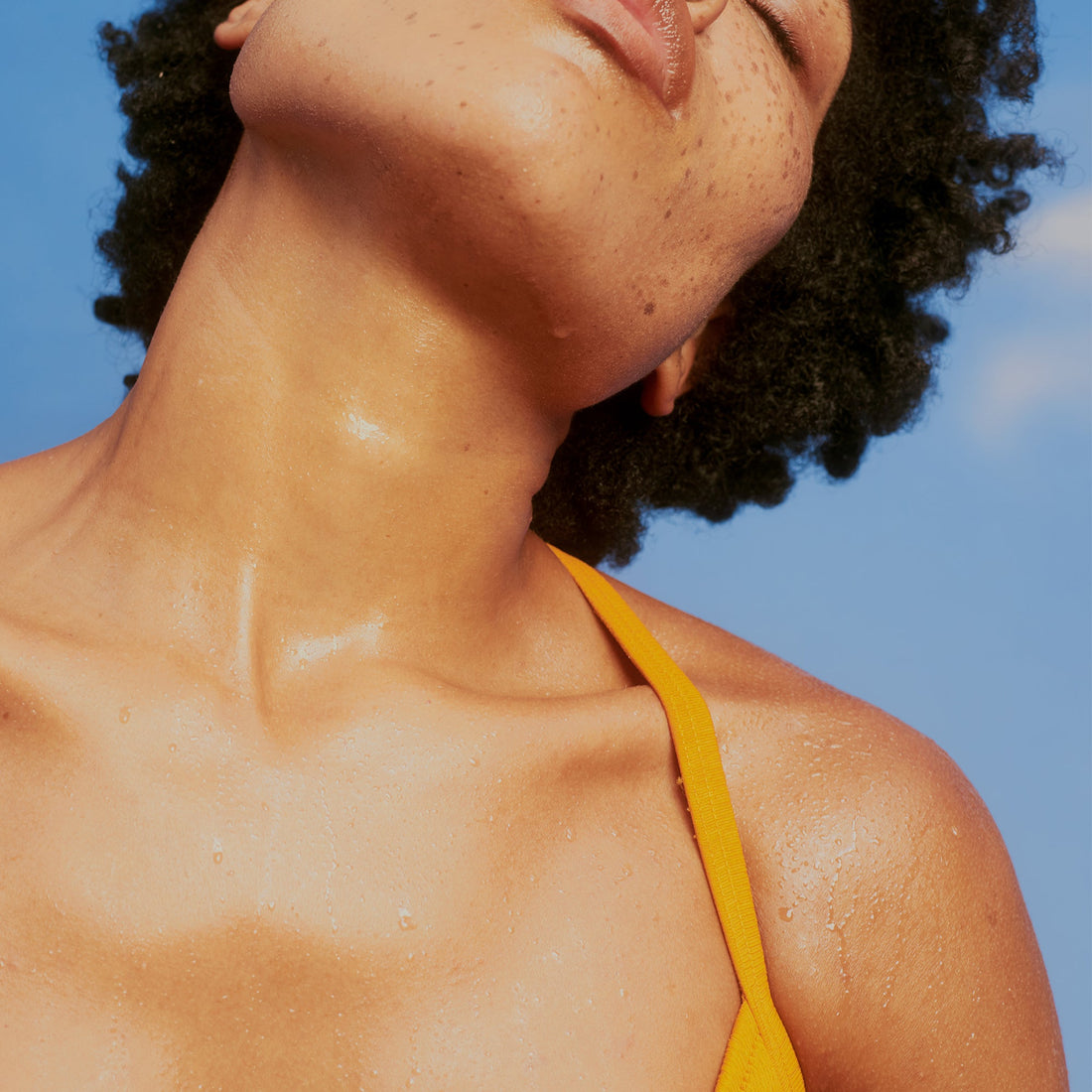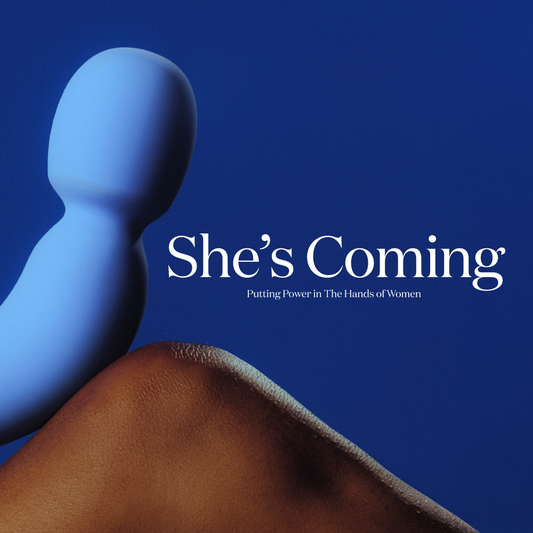"Our cultures and environments can influence how we perceive our sexuality and who we are attracted to.”“I was always enrolled in strict Roman Catholic schools,” he says. “That certainly didn’t help. Plus, we didn’t have internet back then. When I was old enough, I watched 15/18+ movies and that’s how I got a real sex education. I think this lack of support certainly contributed to me only discovering my sexuality at a later point in life. It also made it harder for me to accept my sexuality, as I’d been surrounded by repressive attitudes my whole life. Fortunately, this is something I’ve overcome.” It can’t be understated how religion, mixed with the patriarchy and misogynistic framing of scripture that has made it possible for powerful people to skew religious teachings in order to justify the exclusion and harm of LGBTQ+ people, can work to stifle people’s acceptance of their own sexualities and sexual identities. But it doesn’t have to be that way. Rev. Paul Eldred, pastor of Holy Cross Lutheran Church in Bellevue, WA, has seen and experienced, firsthand, how religion can actually work to help someone embrace and accept their sexuality and sexual identity. “If we view God as a vengeful and wrathful deity whom we should fear or risk eternal damnation, it can be easy to see our individual differences as something to be feared; failings that need corrections or sins that need fixing,” he explains. “If, however, we experience God as a God of love, whose gracious generosity is demonstrated throughout scripture and who seeks the life, wellbeing, and wholeness of all creation, I think it’s easier to see our own lives, our own uniqueness, even or own sexuality and gender identity, as gifts from God, meant for our flourishing.” While Rev. Eldred “cannot deny that religion caused a time of deep despair and heartache for me when I was coming to grips with my sexuality,” he also sees religion as a source of self-acceptance and love. “I maintain that my Christian upbringing also saved me from that despair and helped me frame” being gay as “not as a burden, but as a gift.” Blau has witnessed the ways people have been able to untether themselves from external forces that hinder their sexual exploration, and has worked with individuals with internalized shame to “deconstruct their prior beliefs and create a more accepting thought process that they may not have allowed themselves to experience prior.” Sex therapy, she says, “provides a means of sex education, permission to explore the self, and most importantly, a safe, judgment-free zone to explore these uncomfortable and often painful feelings and beliefs in an effort to deconstruct them,” she says. As for Marie, she eventually came out as gay at 28 and separated from her husband after two years of marriage — a difficult process she is still working through. “It took meeting a woman who broke all of this open for me to see these deep harmful layers perpetuated by social norms and stigma. There was nothing ‘wrong’ with my reactions and behaviors and desires,” she says. “There was something wrong with continuing my life in a way that didn't allow me to be free in my full authentic self — we all deserve more than being stuck in limited versions of ourselves. I am so proud of getting to this place of knowing that I'm getting closer to knowing the whole me a whole lot better.” Some disheartening responses from friends and family members has her harboring feelings of internalized shame. But she is also relieved, and looks forward to a future where she will continue to honor her “deepest insides.” “My heart, mind, and body feel fully activated and engaged,” she says. “Actively curious instead of constantly fighting to try and be ‘right’ or ‘enough.’ I’m grateful that doubt is not in my vocabulary on this one. This is definitely the direction I’m meant to be headed.” *names have been changed to protect the person’s anonymity.

Can We Control Our Attractions?
Written by: Danielle Campoamor



















































